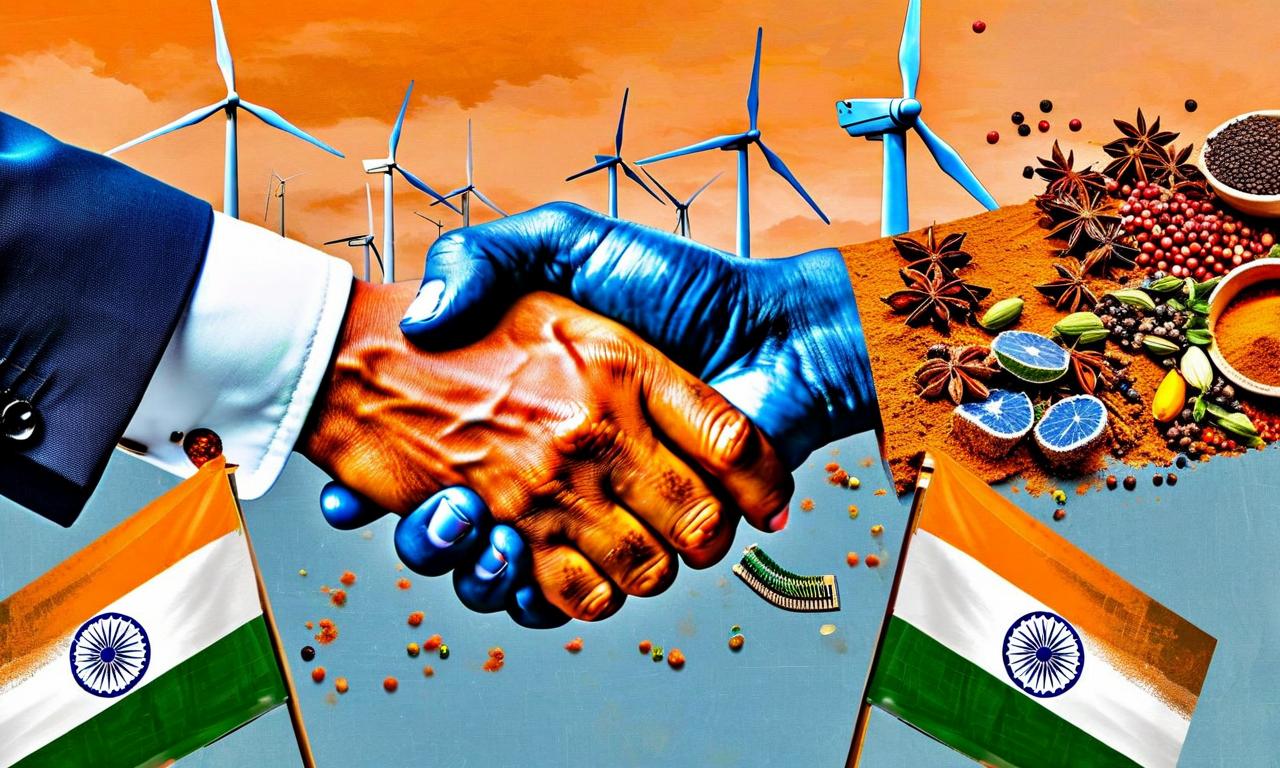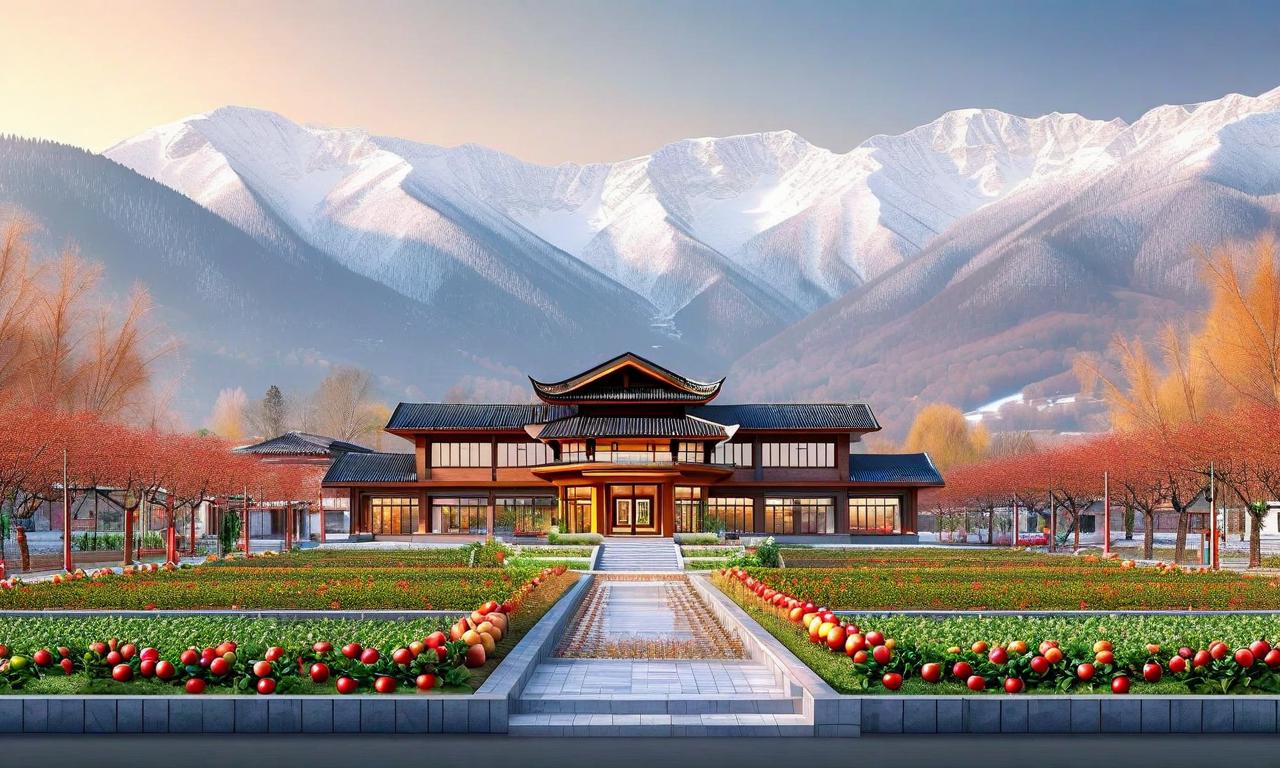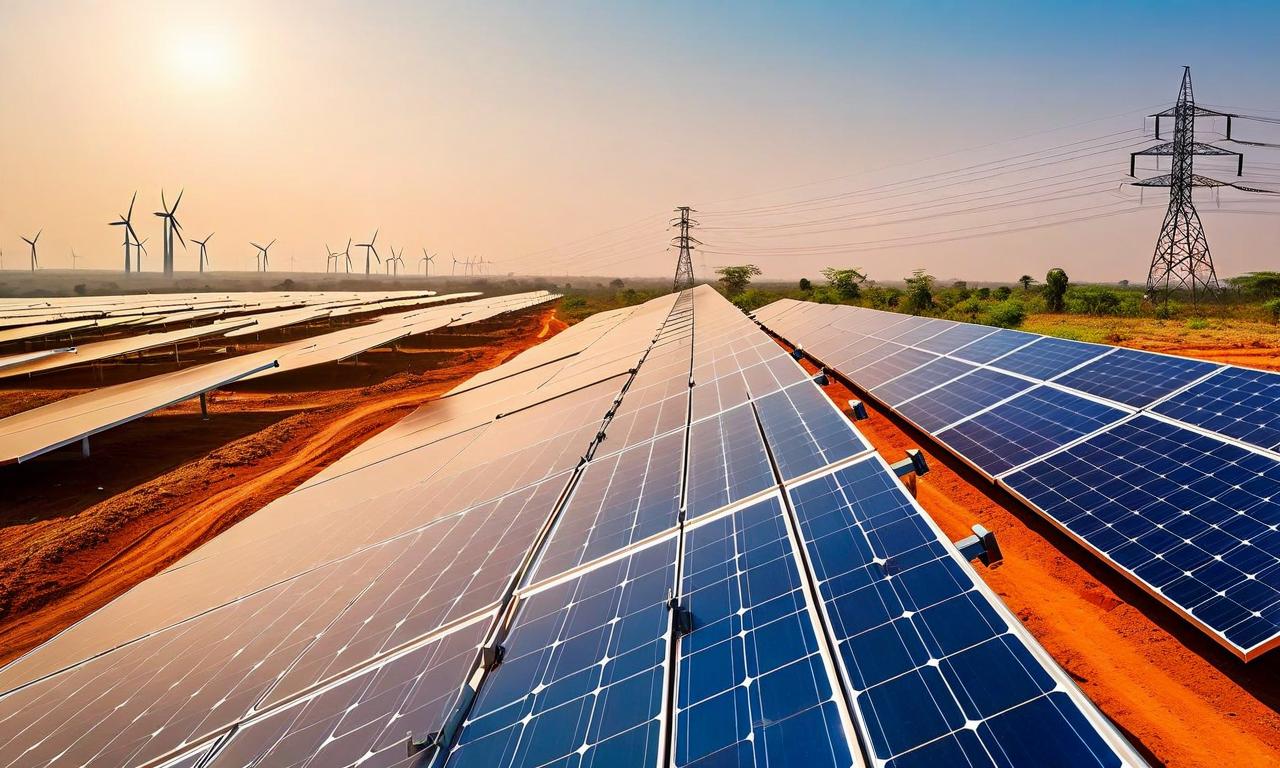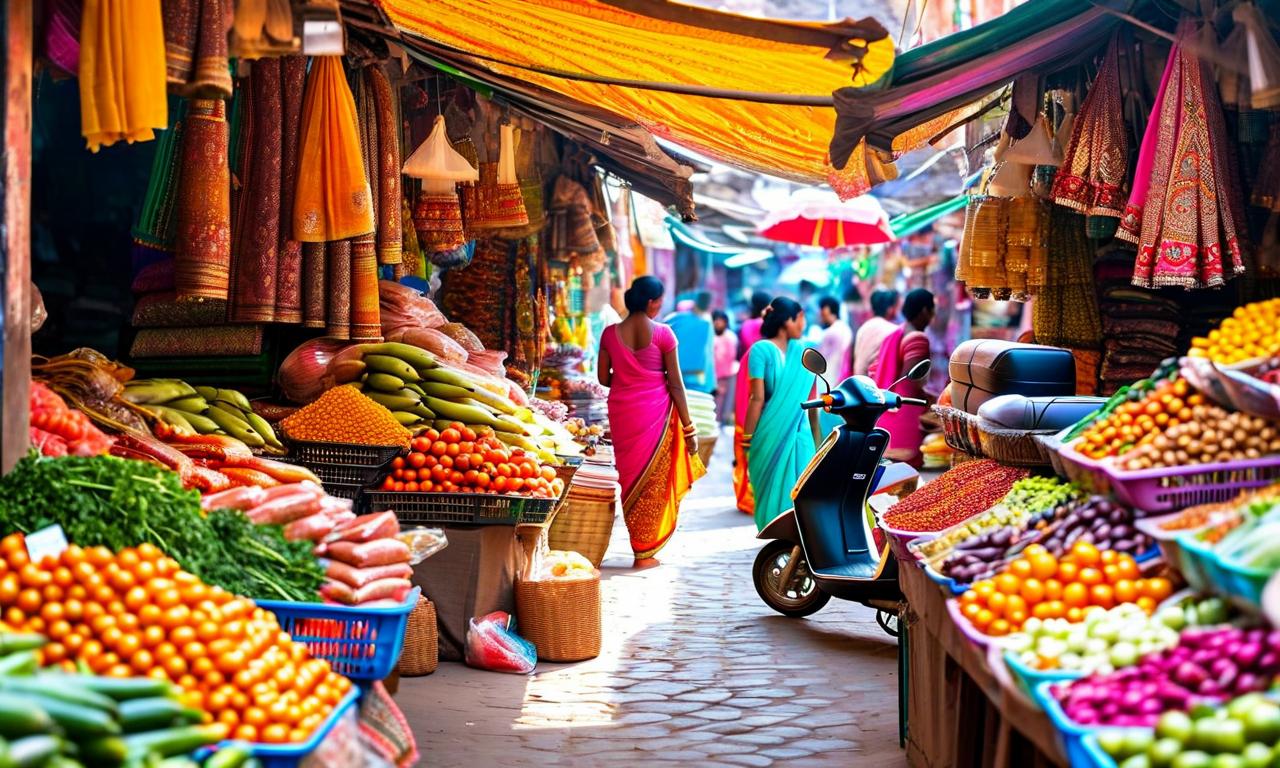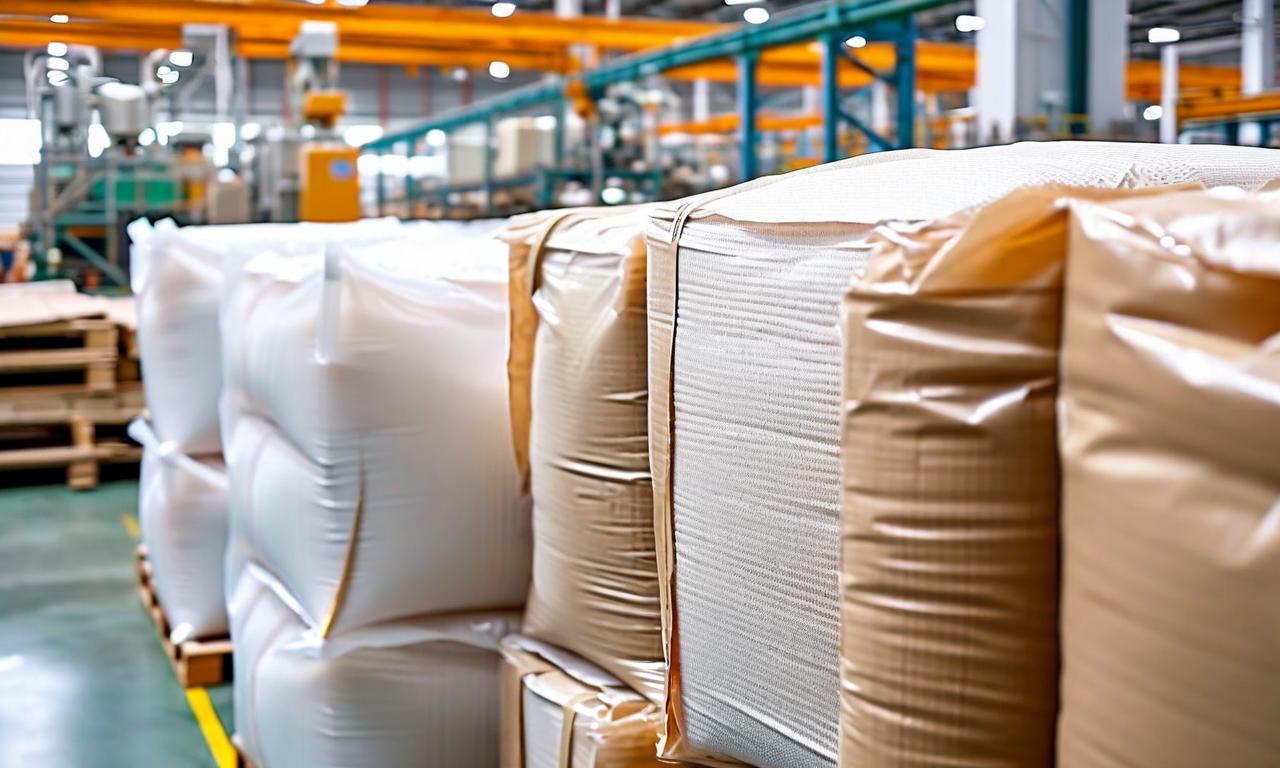PM Modi and EU Leaders Advance India-EU FTA Talks in Joint Call
Prime Minister Narendra Modi held a joint telephone call with European Council President Charles Michel and European Commission President Ursula von der Leyen. They discussed strengthening India-EU relations, accelerating the free trade agreement (FTA) negotiations, and implementing the India-Middle East-Europe Economic Corridor (IMEEC). The leaders covered topics including trade, technology, investment, innovation, sustainability, and defense. Modi invited the EU leaders to India for the next India-EU summit and reiterated India's support for a peaceful resolution to the Ukraine conflict.
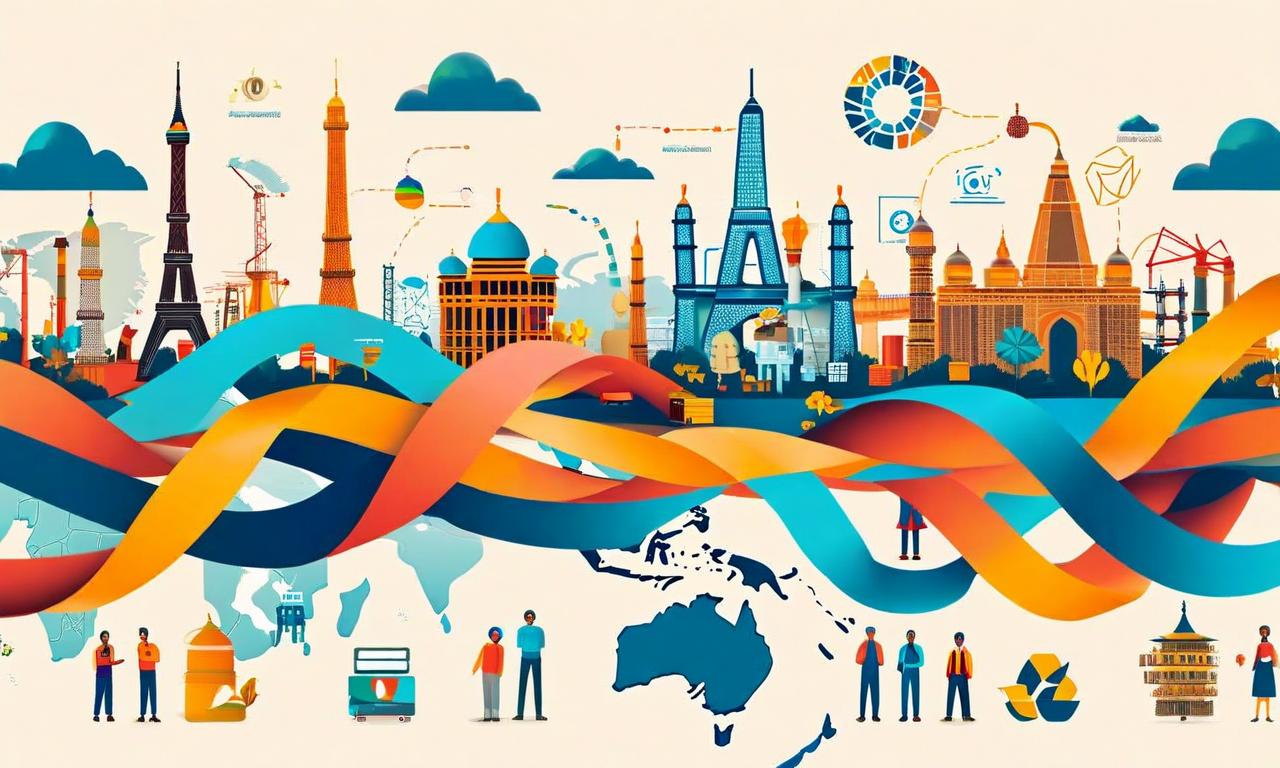
*this image is generated using AI for illustrative purposes only.
In a significant diplomatic engagement, Prime Minister Narendra Modi held a joint telephone call with European Council President Charles Michel and European Commission President Ursula von der Leyen, focusing on strengthening India-EU relations and accelerating progress on the much-anticipated free trade agreement (FTA).
Comprehensive Discussions on Bilateral Relations
The high-level dialogue covered a wide range of topics crucial to the India-EU strategic partnership. Key areas of discussion included:
- Trade and economic cooperation
- Technology collaboration
- Investment opportunities
- Innovation initiatives
- Sustainability efforts
- Defense and security cooperation
- Supply chain resilience
FTA Negotiations: A Priority
A central theme of the conversation was the mutual commitment to expedite the ongoing India-EU free trade agreement negotiations. Both sides expressed their dedication to reaching an early conclusion, recognizing the potential economic benefits for both regions.
IMEEC Corridor Implementation
The leaders also addressed the implementation of the India-Middle East-Europe Economic Corridor (IMEEC), highlighting its importance in enhancing connectivity and economic cooperation between the regions.
Invitation to India
Prime Minister Modi extended an invitation to both EU leaders to visit India for the next India-EU summit. This invitation underscores the importance India places on its relationship with the European Union.
Global Issues and Ukraine Conflict
The conversation also touched upon regional and global issues, with a particular focus on the ongoing Ukraine conflict. Prime Minister Modi reiterated India's stance, emphasizing support for a peaceful resolution to the crisis.
Looking Ahead
All three leaders agreed to maintain close contact, reinforcing their commitment to strengthening the India-EU strategic partnership. This high-level engagement signals a positive trajectory for India-EU relations, with potential implications for trade, technology, and geopolitical cooperation.
As negotiations for the India-EU FTA progress, stakeholders on both sides will be closely watching for developments that could reshape the economic landscape between these two major global players.
